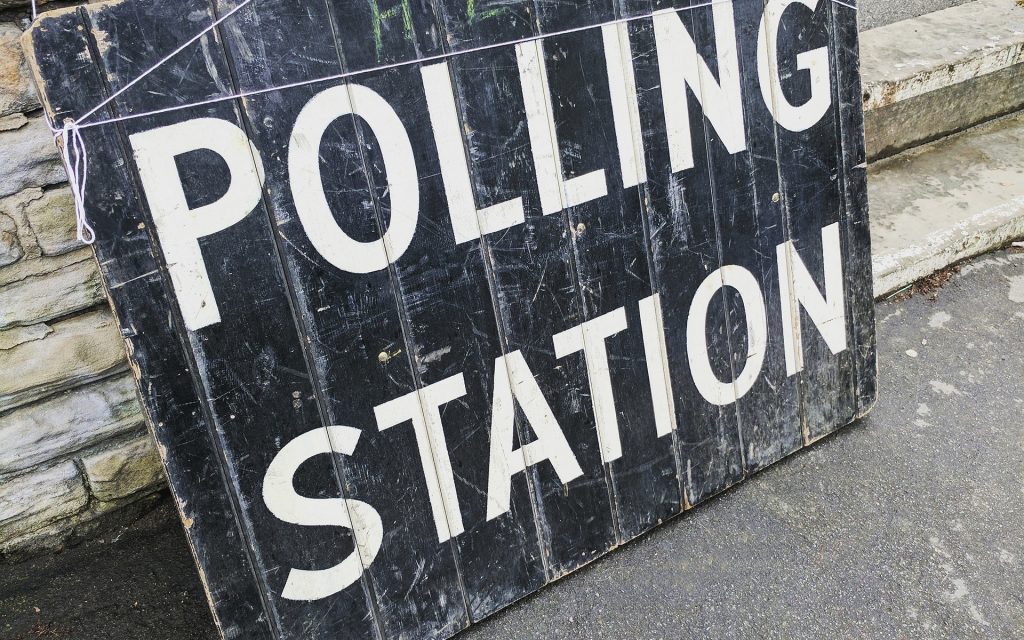 Bevan Foundation
Bevan Foundation 
The voting system that we use has a major effect on the election result. Examples abound but the easiest one to see is the National Assembly for Wales which, if it was elected solely by the first-past-the-post electoral system, would provide 28 Labour and 12 non-Labour members (6 Conservative, 5 Plaid Cymru and 1 Liberal Democrat). Contrast this with the current Assembly, elected using top-up regional members, which has 30 Labour and 30 opposition members (14 Conservatives, 11 Plaid Cymru and 5 Liberal Democrats).
When I first cast a vote in the mid 1970s there were three types of election – district (or city) council, county council and the Westminster Parliament, all of which elected members using the first-past-the-post voting system. Compare that to the different electoral system we have today. I live in Morriston within Swansea and every election I vote in is different. At the Parliamentary election I vote for one candidate and the MP is elected by first-past-the-post. At the National Assembly for Wales’s elections I have two votes – one for the constituency candidate who is elected via first-past-the-post and then one for a regional list candidate who is elected to top-up the number of seats and provide a greater correlation between party votes and seats. For Swansea Council I have five councillors to elect via first-past-the-post and thus can cast up to five votes. For the police commissioner I voted for my first and second choice candidates and the second votes of the losing candidate are redistributed in the alternative vote system. Finally at European elections I cast one vote but there are four seats and the candidates are elected on the proportion of votes they gain.
Each of these changes has been brought in without a referendum and, I believe, without sufficient public discussion. When there was a referendum on voting systems the public gave a resounding no to the alternative vote system for parliamentary elections but the system was then brought in for the election of police and crime commissioners.
What I am sure unifies supporters of first-past-the-post and the various more proportional electoral systems is a desire to have one electoral system for all elections. There is no perfect electoral system, because if there was, every election would be held under it. I do not believe that having the large number of different electoral systems for elections within Wales, as is currently the case, does anything but generate confusion for the average voter.
Each electoral system produces its own anomalies. With the European voting system in Wales at the last election, 145,193 voters elected one MEP as did 87,585 – a difference of almost 60,000 votes. In a council by-election on the 24th March 2011 in Pontypool, Torfaen less than 27% of the total vote was enough for a candidate to get elected. In North Wales 5.9% of the vote was enough to get the fourth regional assembly member elected – barely more than the 5% of the vote at which a candidate’s deposit is lost. The last general election saw 32.2% of the vote win the Vale of Glamorgan and 34.7% win Swansea West.
What I would like to see is a referendum to choose whether we wanted all elections to be conducted via first-past-the-post or if we want a more proportional electoral system for all elections. If the vote was for a more proportional electoral system then two options should be provided in a second referendum – we could then choose which one we want. I just don’t believe we can keep on as we are and I also very strongly believe that the final decision should not be in the hands of politician but be decided by the will of the people, as shown via a referendum.
Mike Hedges is Assembly Member for Swansea East.



Labour Assembly member wants Labour to have 70% of the assembly members on 42% of the constituency vote!
No thanks!
You might not be able to understand the electoral system Mike but please don’t tarnish all Welsh people with your brush.